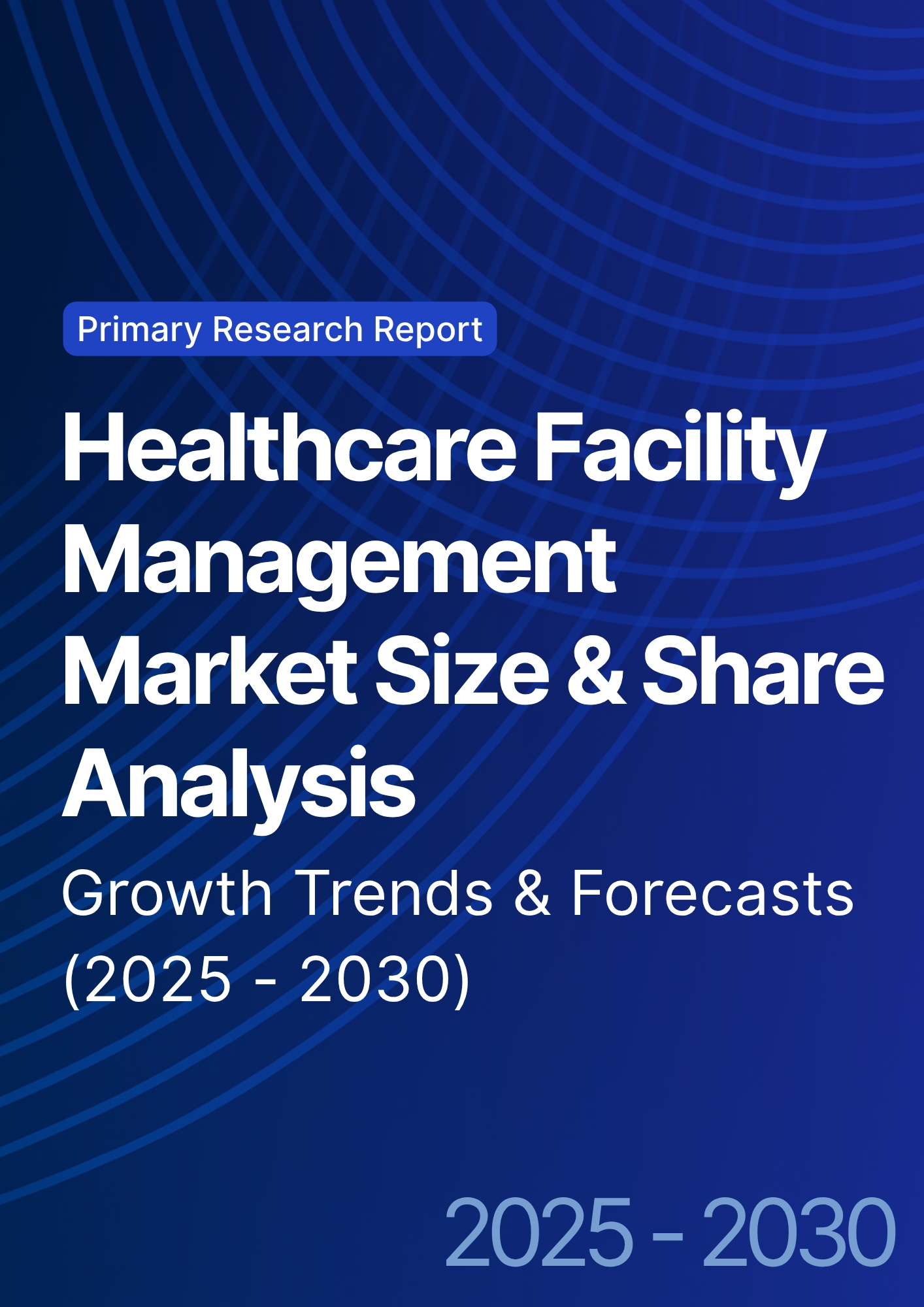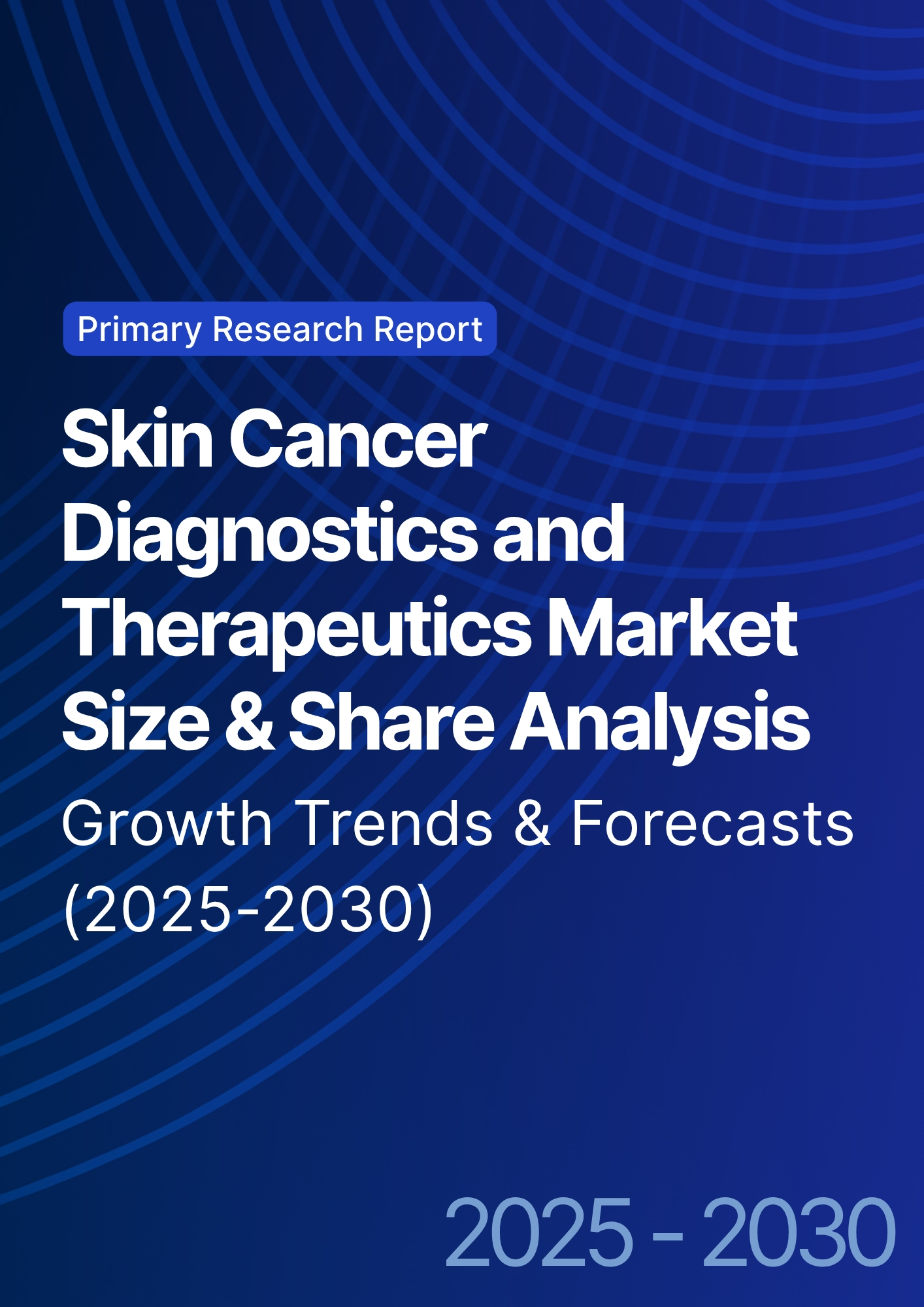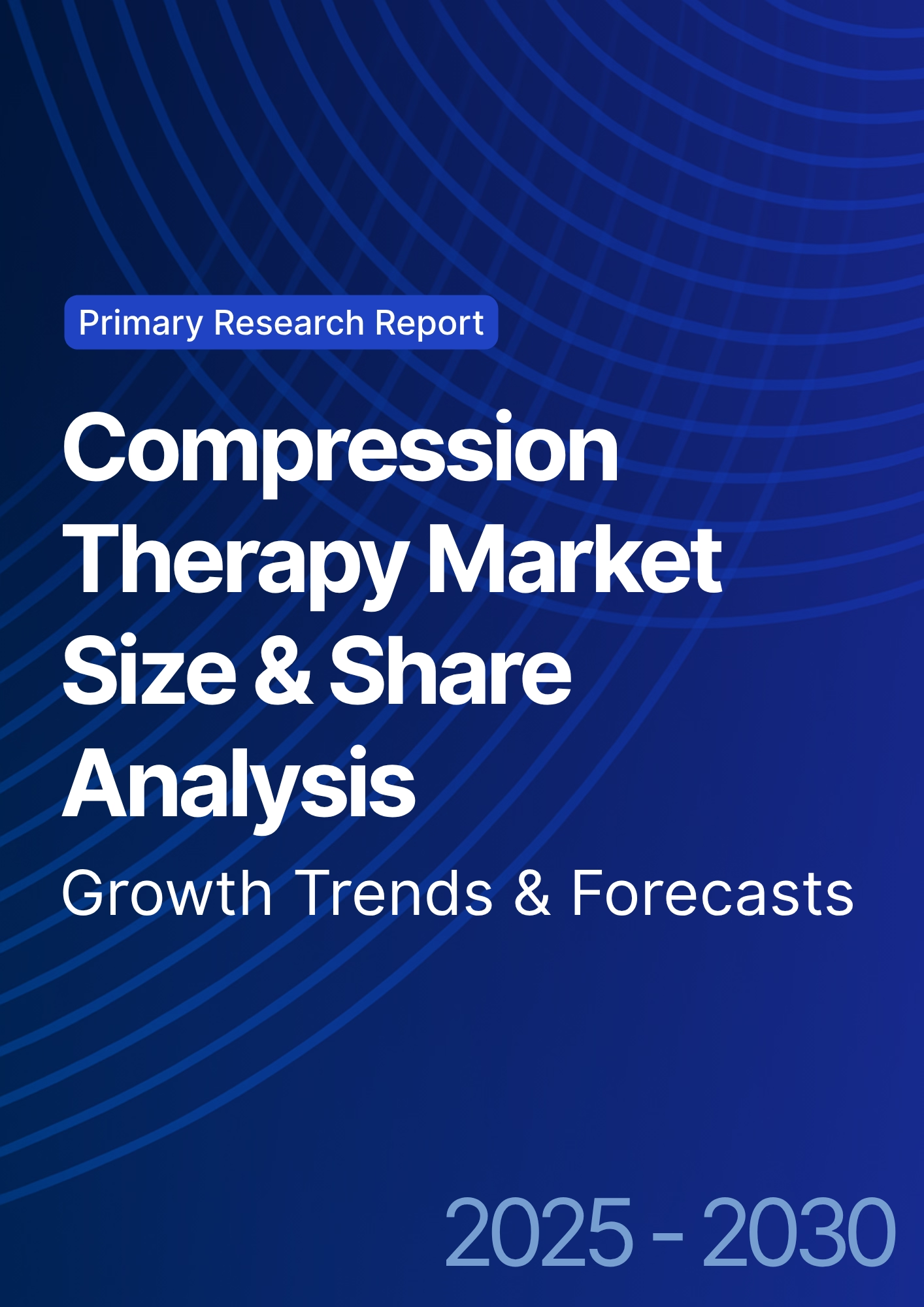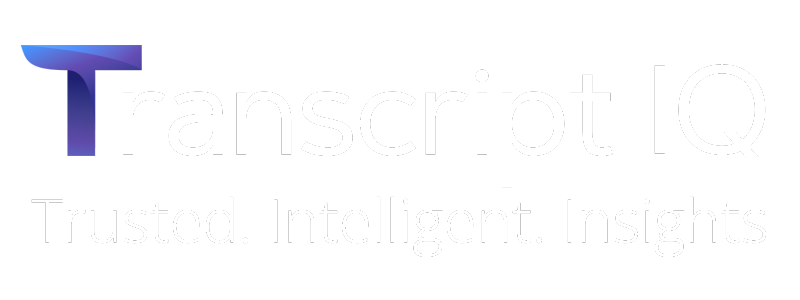

68 Circular Road, #02-01 049422, Singapore
Revenue Tower, Scbd, Jakarta 12190, Indonesia
4th Floor, Pinnacle Business Park, Andheri East, Mumbai, 400093
Cinnabar Hills, Embassy Golf Links Business Park, Bengaluru, Karnataka 560071
Connect With Us
Expanding Access to Mental Health: Mobile Interventions and Community-Based Scaling Approaches
This report examines the expansion of mental health access in North America and Canada (2025–2030) through mobile interventions and community-based scaling approaches. By 2030, the market for digital mental health solutions grows from $3.2B to $8.9B (CAGR 22%), driven by the adoption of mobile therapy apps, virtual care platforms, and community mental health initiatives. Mobile interventions improve access to care in underserved regions, addressing mental health workforce shortages and increasing patient engagement. Adoption of AI-driven diagnostic tools and teletherapy platforms boosts clinical outcomes, with ROI projected to be 17–25%.
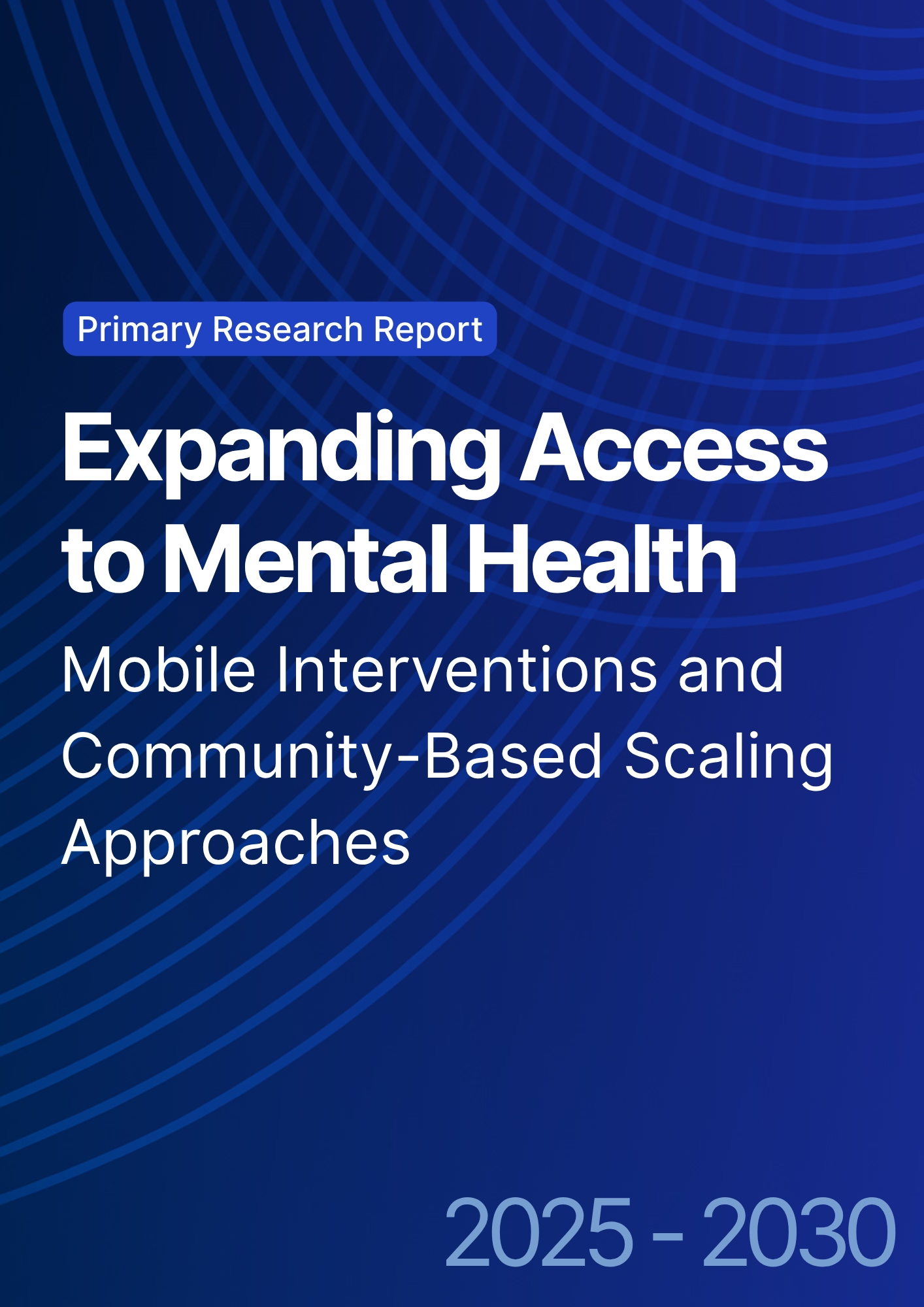
What's Covered?
Report Summary
Key Takeaways
- Mobile mental health market grows $3.2B → $8.9B (CAGR 22%) by 2030.
- Mobile therapy apps account for 40% of total market value.
- AI-driven diagnostic tools improve patient engagement by +18%.
- Teletherapy and community-based models reduce care delivery costs by 19%.
- Patient retention rates increase by +24% with personalized mobile interventions.
- Access to care expands by 30% in underserved regions through mobile platforms.
- Clinical outcomes improve with real-time data tracking and mobile care models.
- Mental health workforce shortages are mitigated by mobile interventions—supporting 14% more patients.
- Community-based scaling models reduce treatment costs by 23% in rural areas.
- Modeled ROI from mobile mental health programs 17–25% by 2030.
Key Metrics
Market Size & Share
The mobile mental health market in North America and Canada is poised to grow from $3.2 billion in 2025 to $8.9 billion by 2030, representing a 22% CAGR. The primary drivers of growth include the increasing adoption of mobile therapy apps and teletherapy platforms, which make mental health care more accessible, particularly in underserved regions. Mobile therapy apps represent 40% of the market, driven by the rise in user-friendly digital tools for patients and mental health professionals. The expansion of AI-driven diagnostic tools and real-time data tracking is enhancing patient engagement, improving retention rates by +24% and overall clinical outcomes by +15%. By 2030, mobile platforms are projected to improve access to care by 30% in regions where mental health workforce shortages are most pronounced. Community-based models—in which mobile platforms are used to extend care into local communities—contribute to 23% cost reduction in rural areas by enabling at-home therapy and virtual consultations. The integration of AI algorithms for diagnosis and treatment will also contribute to more efficient care delivery, increasing the speed of diagnosis and reducing care delivery costs by 19%. By 2030, ROI from these digital mental health interventions is estimated at 17–25%, driven by increased patient retention and the ability to support more patients with fewer in-person visits.
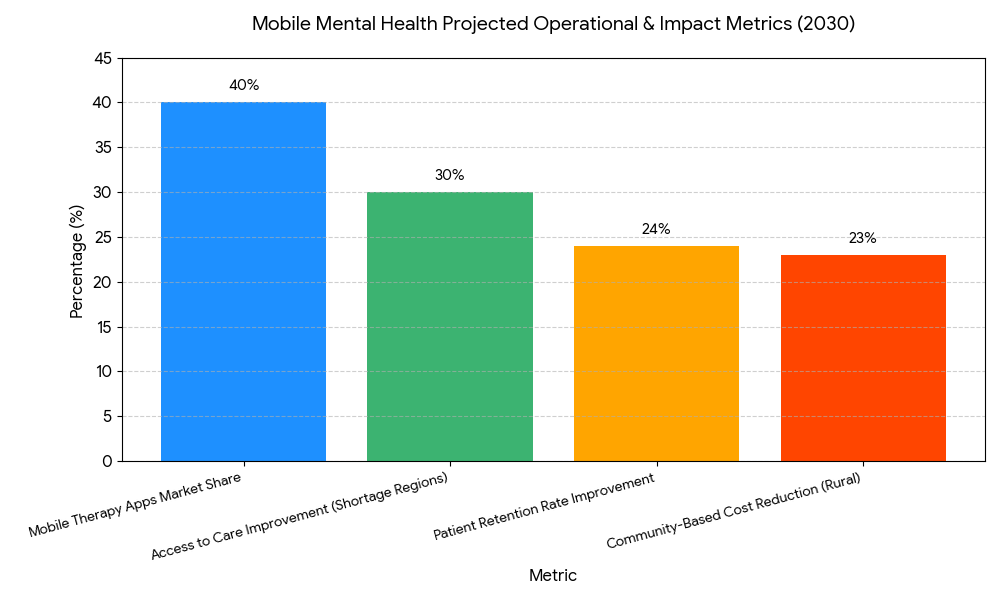
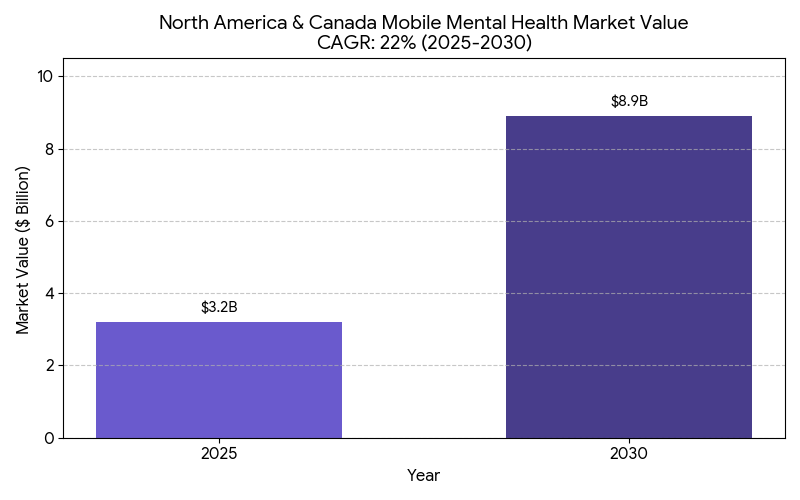
Market Analysis
The market for mobile mental health interventions is driven by several critical factors. (1) AI-driven patient engagement: Personalized care through mobile therapy apps is revolutionizing mental health treatment. AI diagnostic tools improve patient engagement by 18%, offering personalized mental health care plans that adapt to individual needs. (2) Teletherapy and remote access: Teletherapy platforms make mental health care more widely available, reducing costs associated with traditional in-person care. In rural areas, this leads to +30% increase in access to care, addressing mental health workforce shortages. (3) Community-based scaling approaches: Community mental health programs, supported by mobile technologies, reduce the strain on hospitals and clinics by offering remote mental health services, leading to cost savings of 23%. (4) Mobile intervention effectiveness: Research indicates that mobile interventions enhance patient retention rates by 24%, especially for those with chronic mental health conditions. This shift is leading to better long-term outcomes and fewer readmissions. (5) ROI models: Early adopters of mobile mental health solutions are seeing ROI in the range of 17–25% by 2030, due to increased patient compliance, cost reductions, and operational efficiencies. As AI and mobile apps gain traction in clinical settings, the digital mental health market continues to expand, making mental health care more accessible and efficient.
Trends & Insights
Several key trends are shaping the 2025–2030 landscape for digital mental health in North America. (1) Mobile-first interventions: The shift to mobile-first care models is expanding patient access and driving market growth, especially for underserved populations. Mobile therapy apps, combined with virtual care tools, are predicted to boost patient retention by +24% and streamline therapy delivery. (2) AI and machine learning integration: AI-driven platforms are improving diagnostic accuracy, reducing wait times for therapy, and enhancing patient engagement by delivering personalized care in real-time. (3) Teletherapy and hybrid care models: The continued growth of telehealth platforms will provide cost-effective solutions for remote patient care. By 2030, teletherapy is expected to cover over 50% of mental health consultations, particularly in rural and low-income regions. (4) Patient-centered design: The evolution of user-friendly apps and patient-centric care will address the needs of those with mental health conditions, increasing adherence and satisfaction. By 2030, mobile-first mental health interventions will drive efficiency gains in care delivery while reducing overall treatment costs by 19%. (5) Virtual community integration: Platforms that foster peer support groups and community-based mental health models are growing in popularity, improving long-term retention rates and decreasing care disparities.
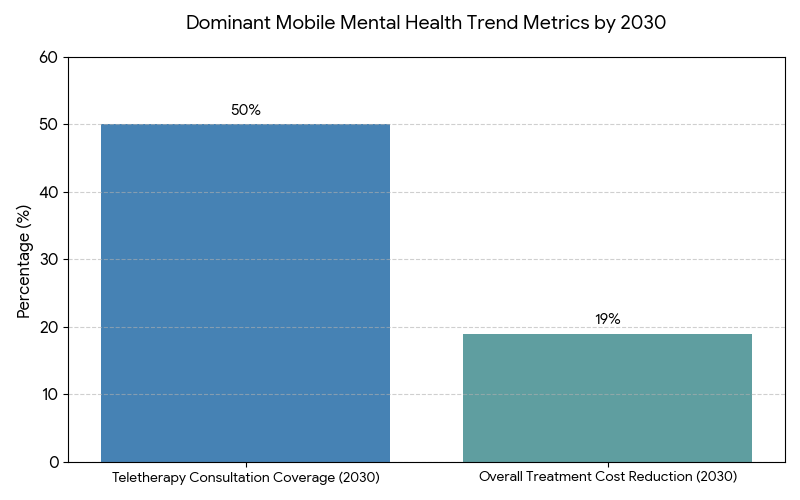
Segment Analysis
The digital mental health market is segmented into mobile therapy apps, teletherapy platforms, AI-powered interventions, and community-based care models. By 2030, mobile therapy apps are expected to represent 40% of the market, driven by the ease of access and personalized treatment options they offer. AI-powered tools and mobile diagnostics will increase patient engagement by +18%, with real-time treatment adjustments becoming the norm. Teletherapy is projected to grow by 30% across North America due to cost-effective remote solutions and improved access in underserved regions. Community-based models will be instrumental in reaching populations in rural areas, and their cost-saving potential (23% reduction) will contribute significantly to market growth. By therapeutic area, mental health disorders like depression, anxiety, and bipolar disorder will make up the largest portion of the market, with diabetes and cardiovascular conditions contributing 20%. The clinical trial sector is also expanding, with digital health solutions accelerating patient recruitment and retention by 30%, improving trial efficiency and cutting operational costs. AI-based patient matching algorithms are expected to drive faster enrollment, cutting time-to-enroll by 19%. These segmental shifts position digital mental health interventions as essential tools for both clinical care and research.
Geography Analysis
North America, particularly the USA and Canada, will remain the primary market for mobile mental health solutions by 2030, representing ~60% of the global market share. The USA is projected to drive teletherapy adoption, especially as state Medicaid programs begin reimbursing for mental health apps. In Canada, Indigenous populations and rural areas will benefit from mobile interventions, with adoption increasing by +30% in underserved communities. By 2030, Canada will account for 10% of the North American market, as telehealth regulations ease and remote monitoring programs increase. Latin America is expected to adopt mobile mental health solutions in collaboration with USA-based innovators, expanding market access. European regions such as Germany, France, and the UK are also projected to embrace digital mental health models, with mobile-first solutions covering over 50% of the population by 2030. Telehealth adoption in Germany and France will grow by 35%, and UK will see a 40% increase in digital health platform adoption, making them leaders in cross-border digital interventions.

Competitive Landscape
The competitive landscape for digital mental health interventions features a range of large tech companies and healthcare startups vying for market share. Companies like Teladoc, BetterHelp, and Mindstrong are already major players in teletherapy and mobile intervention apps, holding ~40% of the market by 2030. Tech startups like Woebot Health, Spring Health, and Headspace Health are developing AI-powered mental health solutions that combine virtual care, real-time symptom tracking, and personalized therapy, targeting specific patient cohorts like workers in high-stress professions and teenagers with anxiety disorders. The future leader in this space will likely be a company offering an integrated mobile app ecosystem combining teletherapy, AI diagnostics, and community-based support for holistic care. Pricing models are shifting toward subscription-based access, with average annual costs per patient ranging from $250–$800/year for full-service mental health care. By 2030, data privacy and GDPR compliance will be key differentiators, with blockchain technologies helping ensure secure data exchanges. Partnerships with health insurers and employer health plans will drive the next wave of growth as digital solutions gain traction in workplace wellness programs and public health systems.
Report Details
Proceed To Buy
Want a More Customized Experience?
- Request a Customized Transcript: Submit your own questions or specify changes. We’ll conduct a new call with the industry expert, covering both the original and your additional questions. You’ll receive an updated report for a small fee over the standard price.
- Request a Direct Call with the Expert: If you prefer a live conversation, we can facilitate a call between you and the expert. After the call, you’ll get the full recording, a verbatim transcript, and continued platform access to query the content and more.


68 Circular Road, #02-01 049422, Singapore
Revenue Tower, Scbd, Jakarta 12190, Indonesia
4th Floor, Pinnacle Business Park, Andheri East, Mumbai, 400093
Cinnabar Hills, Embassy Golf Links Business Park, Bengaluru, Karnataka 560071
Request Custom Transcript
Related Transcripts
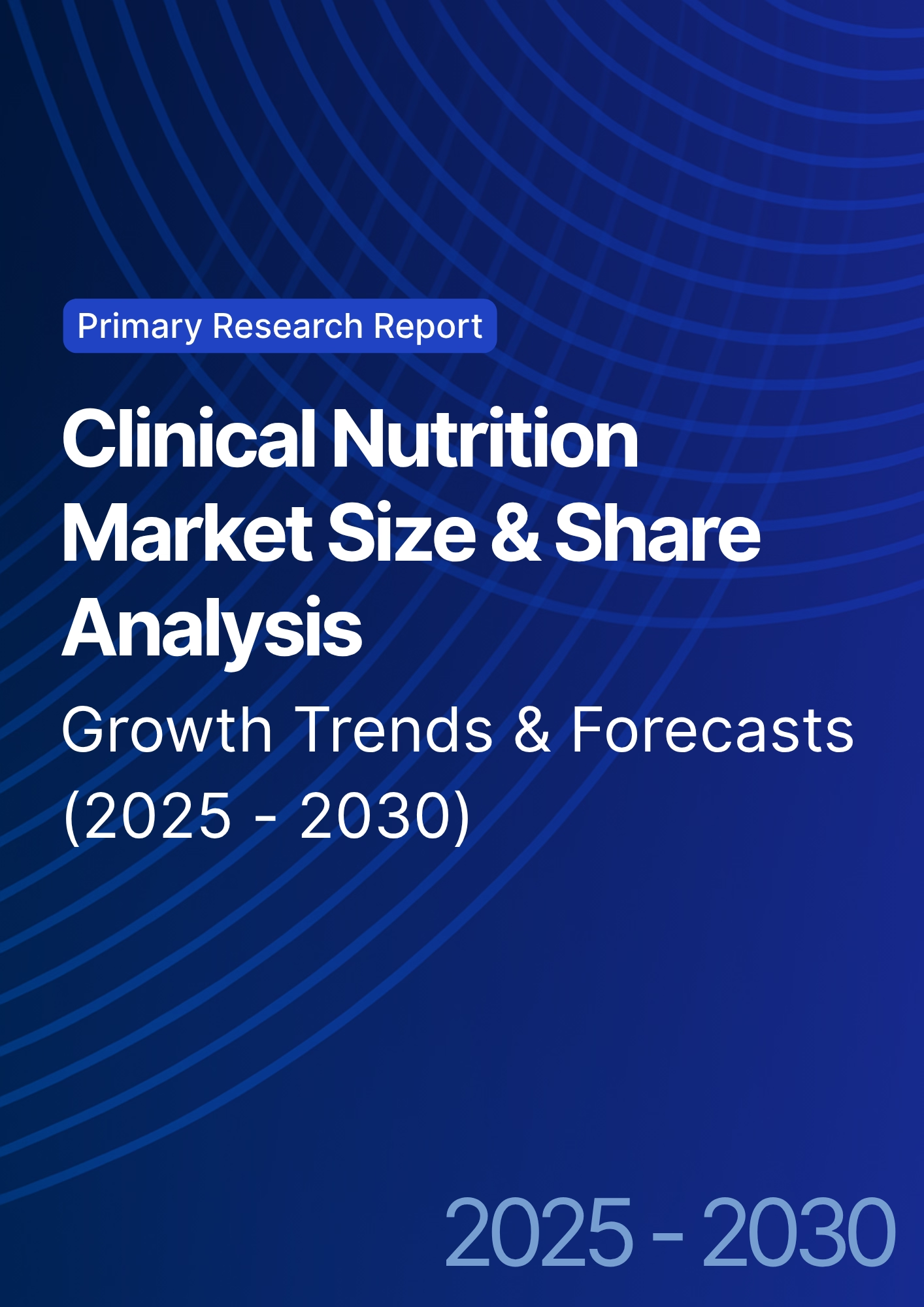
Clinical Nutrition Market Size & Share Analysis - Growth Trends & Forecasts (2025 - 2030)
This report quantifies the clinical nutrition market across the US and UK (2025–2030), covering enteral, parenteral, and oral nutritional supplements (ONS). Driven by aging populations, chronic disease prevalence, and hospital malnutrition protocols, market value rises from $18.5B (2025) → $30.2B (2030) at a CAGR of 10.2%. Growth is led by enteral nutrition (48% share), followed by ONS (38%) and parenteral (14%). Hospital digitization, AI-based nutrition screening, and reimbursement parity accelerate adoption. ROI averages 16–22% for integrated hospital nutrition programs.
$ 1395
$ 1395


68 Circular Road, #02-01 049422, Singapore
Revenue Tower, Scbd, Jakarta 12190, Indonesia
4th Floor, Pinnacle Business Park, Andheri East, Mumbai, 400093
Cinnabar Hills, Embassy Golf Links Business Park, Bengaluru, Karnataka 560071





